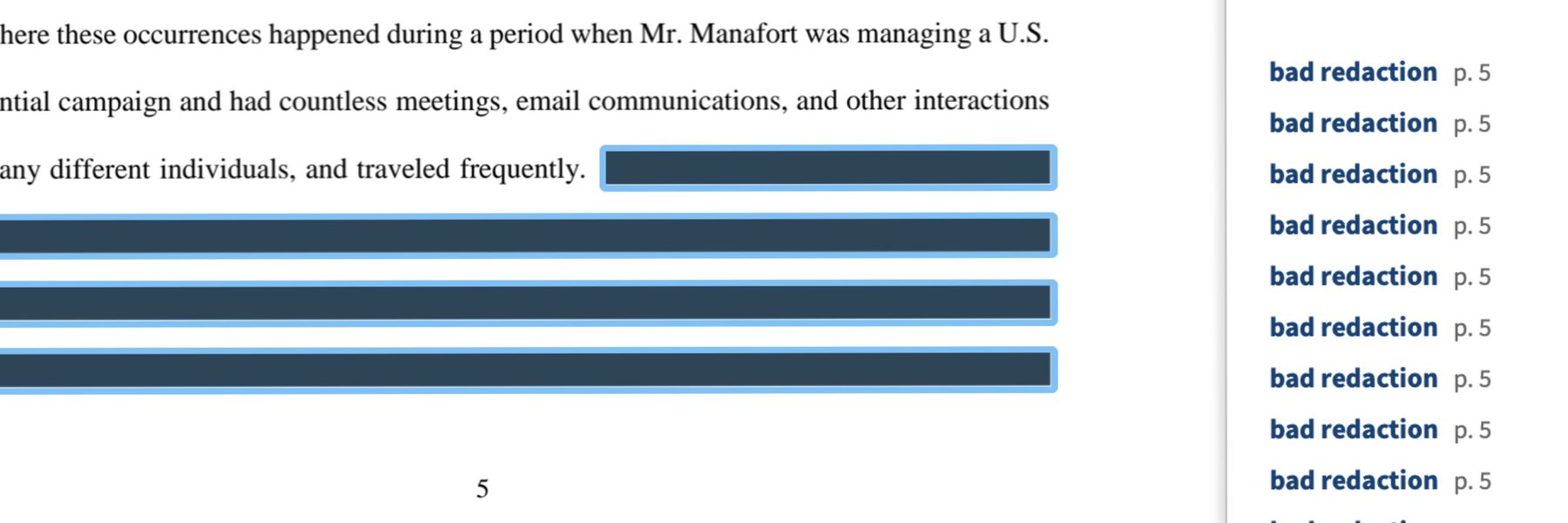Yesterday marked two milestones for MuckRock: The 10,000th request we’ve helped our users file, and our first lawsuit.
We’re pretty proud of the first milestone, which is result of four years of hard work, creativity, and persistence by both our amazing users and the small, dedicated staff at MuckRock. And I think the results are a testament to what can happen when the public records process works.
We’ve published over 324,000 pages of documents, hours of video, dozens of databases, and built a free, publicly accessible database of thousands of government agencies at the state, local, and federal level, with the largest public database of U.S. public records requests freely available to model even more requests on.
And thanks to the thousands of hard working public access officers - for many of whom that work is only a small component of their job - that’s all been possible without a lawsuit.
But the Central Intelligence Agency has a track record of holding itself apart from, and largely above, the Freedom of Information Act, consistently ignoring deadlines, refusing to work with requesters, and capriciously rejecting even routine requests for what should be clearly public information.
We hope to change that. Specifically, we are suing over a number of specific requests:
- CADRE Database regarding FOIA, Privacy Act, and MDR, which would provide three months of insight into how the CIA decides to reject or process requests.
- FOIA Request No. F-2010-00600, similar to the above, except for records demonstrating how the CIA processed over 100 records responsive to a single request which it ultimately decided to withhold in full.
- Classification Management and Collaboration Group Regulatory Issuance, which includes the CIA’s regulatory guidelines (i.e., what the agency can and cannot do), which have been released in part many times but never in whole, and usually when outdated.
- Classification Management Tools User Manual, which would provide important insight into how the CIA determines what is and isn’t releasable, and would help craft requests that properly protect national security while still allowing public oversight.
- Internet Service Provider Data Gathering Objections, which is looking for the non-classified complaints from service providers (which are now quite publicly protesting against mass surveillance) to the CIA.
- CIO-IMS-STAFF Mailing List Records 1/1/13-3/31/13, which would provide information regarding directives on how the CIA’s FOIA staff has been directed to handle FOIA requests by its executive management.
- CREST Anonymous Data Usage and Select CREST Footage, which would provide information regarding the CIA’s technically public, but in practice largely inaccessible, CREST database.
Additionally, we are suing against the CIA’s general practice of rejecting requests for email records which do not include the time frame, subject, and to and from fields, regardless of what other information is including to help narrow the request. This practice replaces the required functional test for whether or not a request reasonably describes the records sought with a per se test that automatically rejects any request for email records based on whether or not it includes all four pieces of information, virtually ensuring that vast amounts of CIA email records go unprocessed and unreleased.
We are deeply grateful and indebted to Kel McClanahan of National Security Counselors, who has agreed to represent us Pro Bono in this case and who has already put in numerous hours (often late nights on weekends, given our emailing) to help prepare us for this suit. The full suit is available below.
Image via CIA’s Flickr




